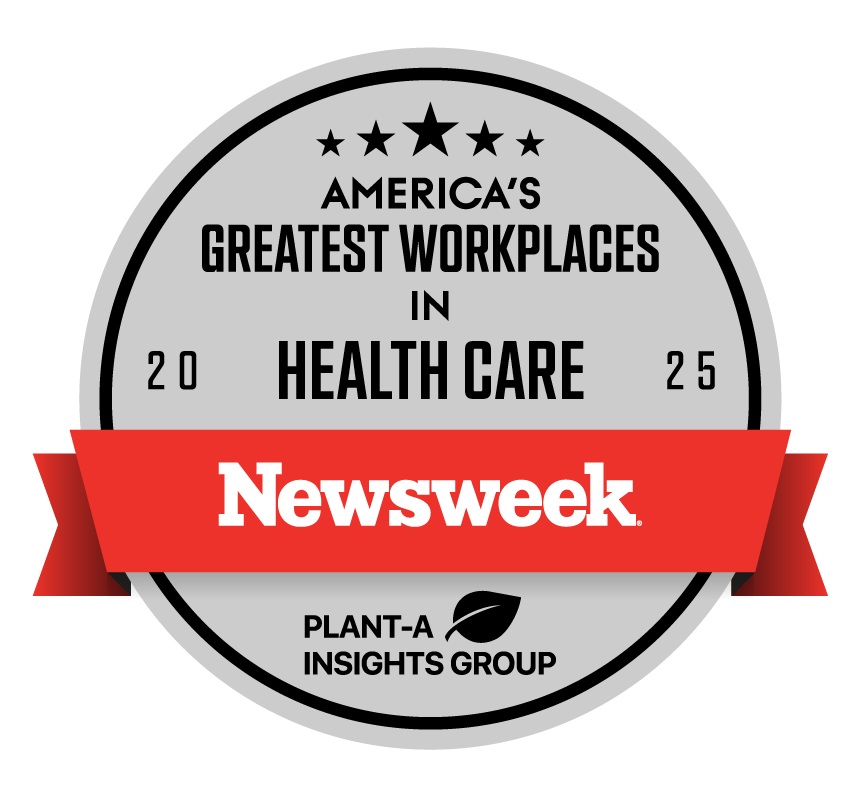Many believe that addiction only affects the unemployed and homeless when, in reality, most are employed. In fact, of the estimated 96 million adults reported to have a substance use disorder, 72 percent are employed.
Many factors can be attributed to substance use and dependency, with stress being one of the top triggers. Work-related stress can drive alcoholism and drug use, which have serious implications for both employee and employer. The National Council on Alcoholism and Drug Dependence found that addiction in the workplace costs employers $81 billion every year.
Which industries are most prone to addiction in the workplace? For alcoholism, construction ranks number one, with 16% of workers struggling with alcohol-use disorder (AUD). In the arts, 14% of the industry has AUD, followed by 13% of miners, 12% of hospitality workers, and 11% of wholesale trade workers.
The hospitality field is most impacted by substance use disorders (SUD) with 17% of workers suffering from an SUD. Construction workers follow at 14%, the arts at 12%, information services at 11% and management, administrative and support services at 10%.
For many, leaving their careers is not a viable option. So, how can people in recovery cope with triggers that may cause them to relapse?
- First, be open with your employer. Talk to them about your recovery and ask them for a lighter workload if possible. If part-time work is available to you, consider that route. If you have coworkers who are less than healthy influences, see if you can work a different shift or work on tasks that don’t involve them. Hopefully your employer is supportive of your efforts to attend treatment and receive ongoing support as needed to sustain your recovery.
- Identify stressors in your job that push you over the edge. Is it a particular coworker? Long hours? Talk to your boss about what may have triggered you in the past and how you can work together to ensure that stressful situations are minimized as much as possible.
- When the day’s stress hits you hard and you feel yourself wanting to turn back to substances or alcohol, address it with your recovery coach, counselor, or a close family member or friend. Lean on those support networks to help keep you on track. See if your employer offers an Employee Assistance Program (EAP). Remember all the hard work it took to get to recovery.
Today’s employers are becoming more educated on addiction in the workplace, how to identify it and how to help employees. In a time of high rates of alcoholism and drug addiction across the country, it’s in employers’ best interests to address this growing public health crisis by helping employees seek treatment and achieve recovery.
Check out former client Brian Keith’s story of addiction, recovery and how his employer helped save his life on Facebook Live!
If you or a loved one is struggling with addiction, call us today at 1-877-MyRehab and we’ll help find a program that’s right for you. We’re available 24/7.



